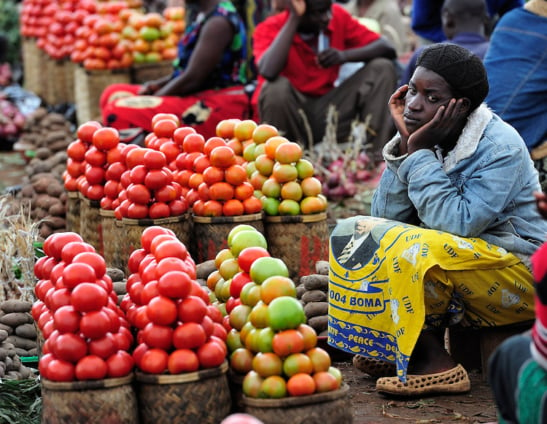The Food and Agriculture Organisation (FAO) of the United Nations says global food prices declined for the 12th consecutive month in March.
The UN agency released its latest food price index on Friday.
The organisation said the index, which tracks international prices of the most globally traded food commodities, averaged 126.9 points last month, down 2.1 percent from February, as well as 20.5 percent below its all-time peak in March 2022.
FAO said the decline in March 2023 was largely caused by drops in cereal, vegetable oil and dairy price indices.
Advertisement
However, the prices of sugar and meat increased during the period, according to the report.
“International wheat prices fell the most, by 7.1 percent, driven by ample global supplies and strong competition among exporters,” the UN agency said.
“The extension of the Black Sea Grain Initiative, allowing Ukraine to continue to export from its Black Sea ports, also contributed to the decline.
Advertisement
“Higher estimates for Australia’s production, along with improved crop conditions in the European Union this month, boosted the global supply outlook further. “
The organisation said its vegetable oil price index declined 3.0 percent from February, due to lower prices of soy, sunflower and rapeseed oils, offsetting higher global palm oil prices.
Likewise, the dairy price and meat price indexes both dropped by 0.8 percent in the month.
“By contrast, poultry meat prices fell for the ninth successive month on subdued global import demand, despite supply challenges amid widespread avian influenza outbreaks in several large exporting countries,” FAO said.
Advertisement
However, the sugar price index rose 15.5 percent from February — the highest level since October 2016 — largely due to concerns over lower global availability of sugar in the 2022/23 season, following declining production prospects in India.
“The increase in prices mostly resulted from concerns over lower global availabilities of sugar in the 2022/23 season, following declining production prospects in India, Thailand and China. However, the positive outlook for the sugarcane crops in Brazil, about to be harvested, limited the upward pressure on world sugar prices,” the agency said.
Add a comment






